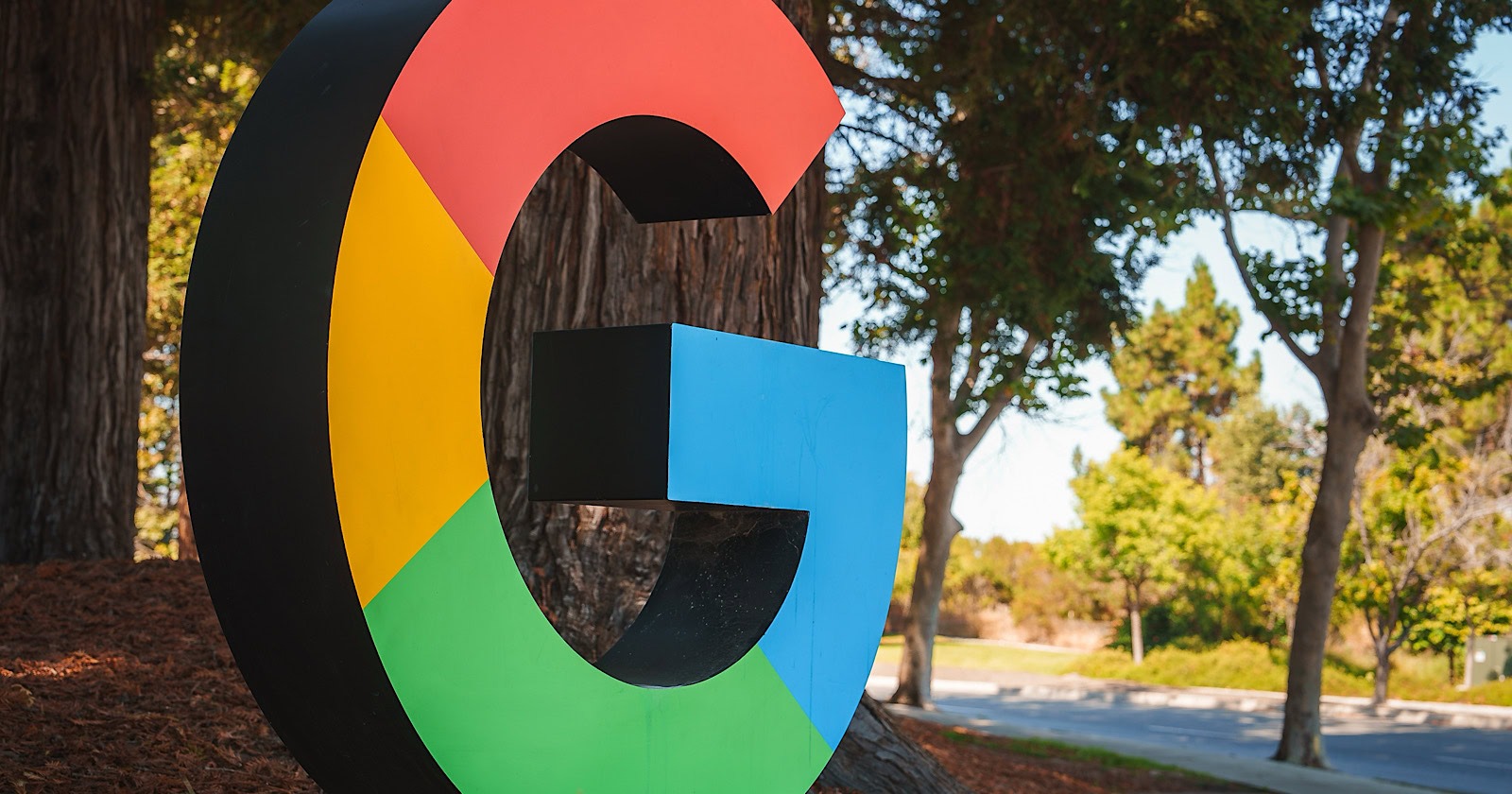While Google informs the public about broad core algorithm updates, it doesn’t announce every minor change or tweak, according to Google’s Search Liaison Danny Sullivan.
The comments were in response to Glenn Gabe’s question about why Google doesn’t provide information about volatility following the March core update.
OK, I love that Google informs us about broad core updates rolling out, but why not also explain when huge changes roll out that seem like an extension of the broad core update? I mean, it’s cool that Google can decouple algorithms from broad core updates and run them separately… https://t.co/2Oan7X6FTk
— Glenn Gabe (@glenngabe) May 9, 2024
Gabe wrote:
“… when site owners think a major update is done, they are not expecting crazy volatility that sometimes completely reverses what happened with the major update.
The impact from whatever rolled out on 5/3 and now 5/8 into 5/9 has been strong.”
Sullivan explained that Google continuously updates its search ranking systems, with around 5,000 updates per year across different algorithms and components.
Many of these are minor adjustments that would go unnoticed, Sullivan says:
“If we were giving notice about all the ranking system updates we do, it would be like this:
Hi. It’s 1:14pm — we just did an update to system 112!
Hi. It’s 2:26pm — we just did an update to system 34!That’s because we do around 5,000 updates per year.”
This is covered on our long-standing page about core updates: https://t.co/Jsq1P236ff
“We’re constantly making updates to our search algorithms, including smaller core updates. We don’t announce all of these because they’re generally not widely noticeable. Still, when released,…
— Google SearchLiaison (@searchliaison) May 9, 2024
While Google may consider these minor changes, combining thousands of those tweaks can lead to significant shifts in rankings and traffic that sites need help understanding.
More open communication from Google could go a long way.
Ongoing Shifts From Web Changes
Beyond algorithm adjustments, Sullivan noted that search results can fluctuate due to the nature of web content.
Google’s ranking systems continually process new information, Sullivan explains:
“… already launched and existing systems aren’t themselves being updated in how they operate, but the information they’re processing isn’t static but instead is constantly changing.”
Google focuses communications on major updates versus a never-ending stream of notifications about minor changes.
Sullivan continues:
“This type of constant ‘hey, we did an update’ notification stuff probably isn’t really that useful to creators. There’s nothing to ‘do’ with those types of updates.”
Why SEJ Cares
Understanding that Google Search is an ever-evolving platform is vital for businesses and publishers that rely on search traffic.
It reiterates the need for a long-term SEO strategy focused on delivering high-quality, relevant content rather than reacting to individual algorithm updates.
However, we realize Google’s approach to announcing updates can leave businesses scrambling to keep up with ranking movements.
More insight into these changes would be valuable for many.
How This Can Help You
Knowing that Google processes new information in addition to algorithm changes, you may have more realistic expectations post-core updates.
Instead of assuming stability after a major update, anticipate fluctuations as Google’s systems adapt to new web data.
Featured Image: Aerial Film Studio/Shutterstock
